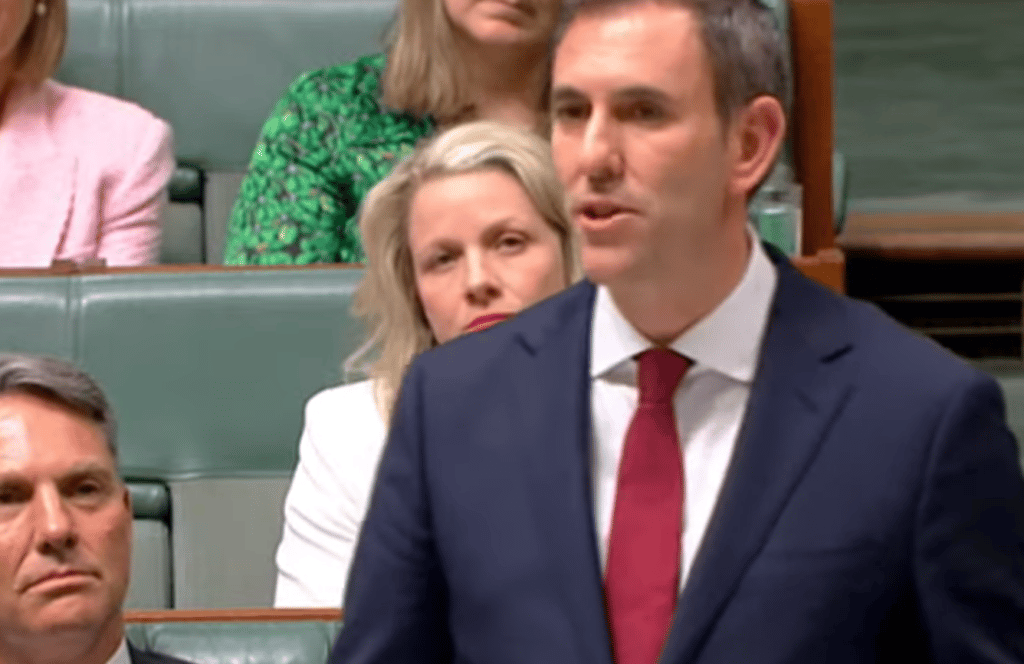Budgets speak louder than words. The May Federal Budget is an opportunity for the government to show what it stands for – what it values – and to test whether those values resonate with the Australian people.
The values of fairness and equality are core to Australia’s national identity. At a time of rising costs of living and growing wealth inequality, the upcoming Federal Budget will be a telling signal of whether we can stomach the trade-offs to uphold these values, even when times are tough.
Australia has already joined countries including New Zealand, Scotland and Canada in approaching federal budgeting from a ‘wellbeing’ lens. While this was a welcome step forward, it’s one thing to measure wellbeing. It’s another entirely to prioritise it in allocating public spending.
The reality is that even a generous government with a healthy surplus must make trade-offs about how to raise revenue, where to allocate funds, and where to cut spending. At a time of fiscal constraint, the question facing the Federal Government is how to strike an optimal balance between spending on education, defence, climate action, health, closing the gap, industry subsidies, social welfare, tax relief, and the list goes on.
Values-based policymaking
I believe values must provide the lens through which budget priorities are determined. Outside of government, the corporate sector is awash with rhetoric about values-based leadership, so what about values-based policymaking? What about values-based budgeting?
Take, for example, climate action. If we subsidise coal to the tune of $1.6 billion a year but also call climate action a moral imperative, then are our values in conflict? Which do we value more – prosperity or sustainability? Or is this a false choice set up by a zero-sum mindset, because true prosperity is sustainable?
The other pressing example for everyday Australians is the rising cost of living. Households around the country are feeling the pinch from climbing interest rates and increases in everything from rental prices to petrol to electricity.
So what does it say about our values if we give Stage 3 tax cuts to the rich but can’t afford to lift welfare payments for the most vulnerable amid a cost-of-living crisis?
Or we can look at Australia’s net overseas migration, which is set to hit a record 350,000 in the current financial year. In contrast, Australia’s refugee intake is the same level it was in 2009, with just 13,750 places allocated to refugees, despite record-breaking levels of global displacement.
An increase to the humanitarian intake makes sense from both a values and fiscal sense, with Deloitte modelling showing a positive relationship between economic growth and higher numbers of refugee arrivals. If we remain on our current trajectory, we are signalling to our peers globally that Australia is quick to open its door – but only to those who come to Australia for jobs, not protection.
Of course, there are challenges associated with values-based budgeting, like what to do when values conflict. But this kind of challenge isn’t insurmountable. Instead, it presents an opportunity to engage in meaningful dialogue and debate about what we want our societies to look like and how we can best achieve that vision.
With the approaching Federal Budget, we are signalling to our country and global peers what we believe is important and what we strive for, both as individuals and as a broader society. Equality and fairness must be central to the prioritisation of spend, with a particular emphasis on reducing the pressure on vulnerable community members and ensuring all Australians can achieve their full potential.
Ultimately, our nation’s budget must show that we live in a values-based society, not just an economy.


